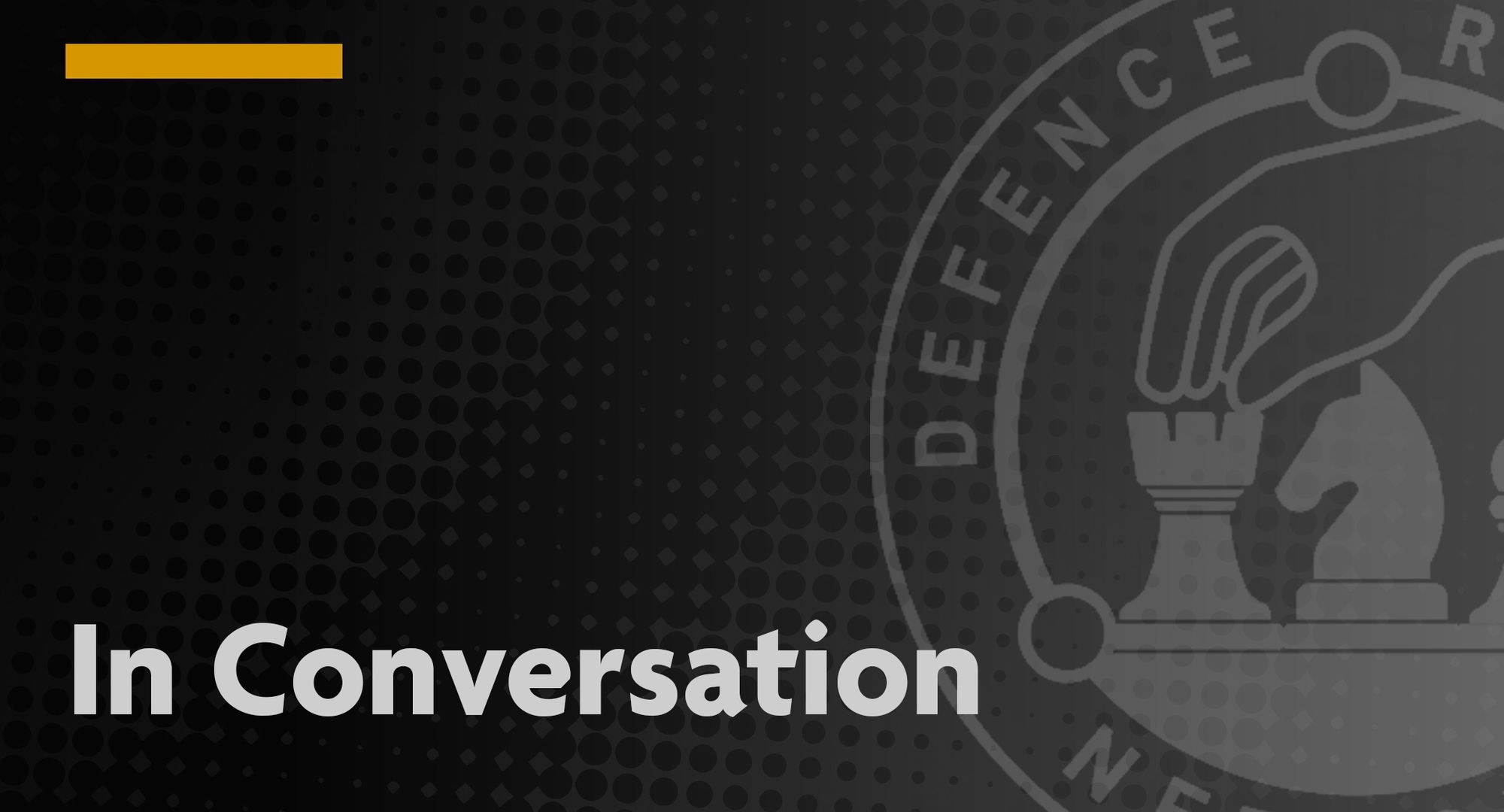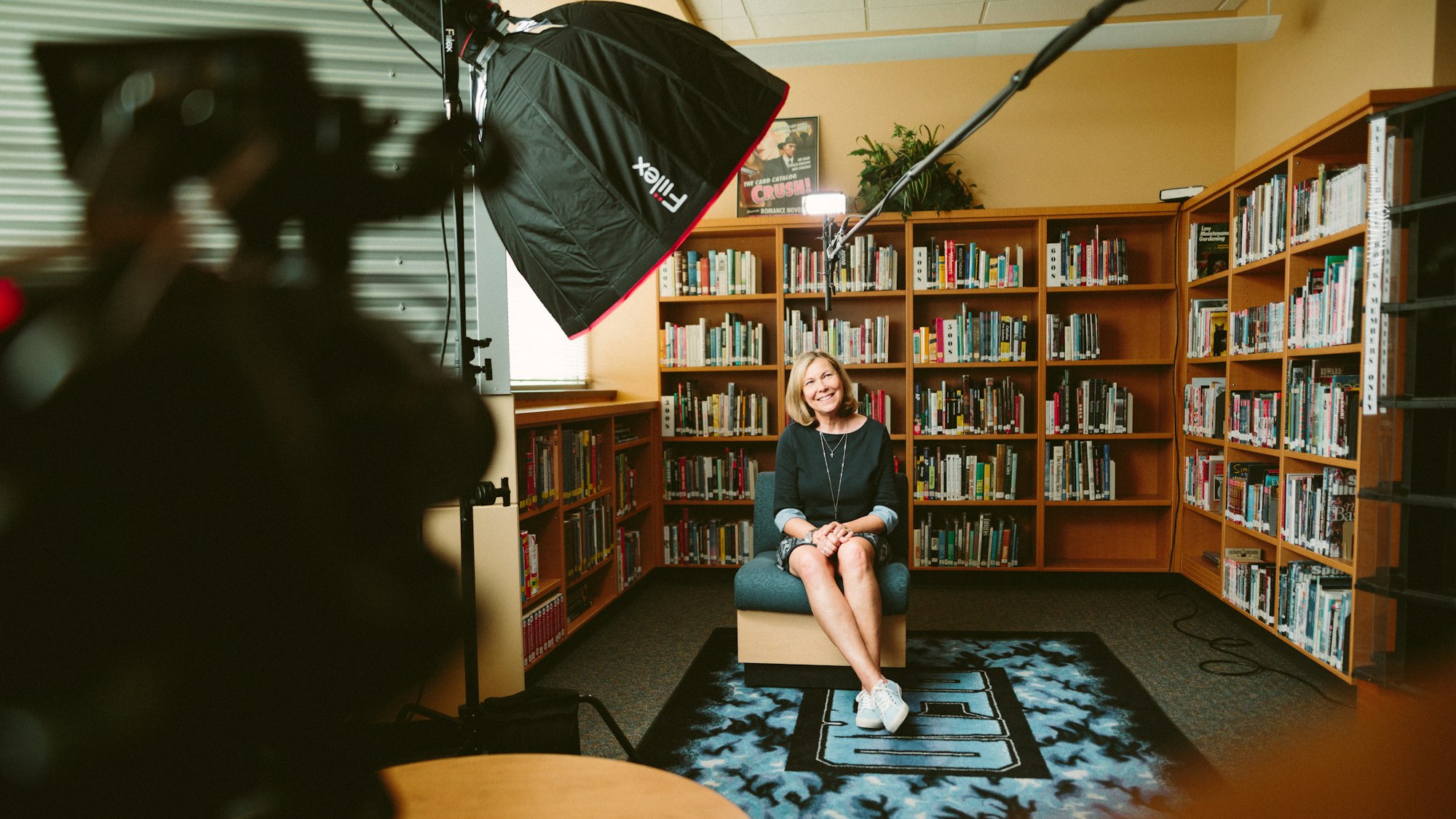
Here at the DRN we are constantly working to bring you new ideas, tips and tricks to make the research process easier and more manageable, especially in a time of change and unknowns. We're set up this page to bring you short interviews with senior academics covering broad topics such as, What are you currently working on? How are you finding working from home? What are your tips for getting published?
We've catalogued all of the interviews we've published with senior academics below, for you to enjoy again!
Dr Harry Raffal, a Historian at the RAF Museum.
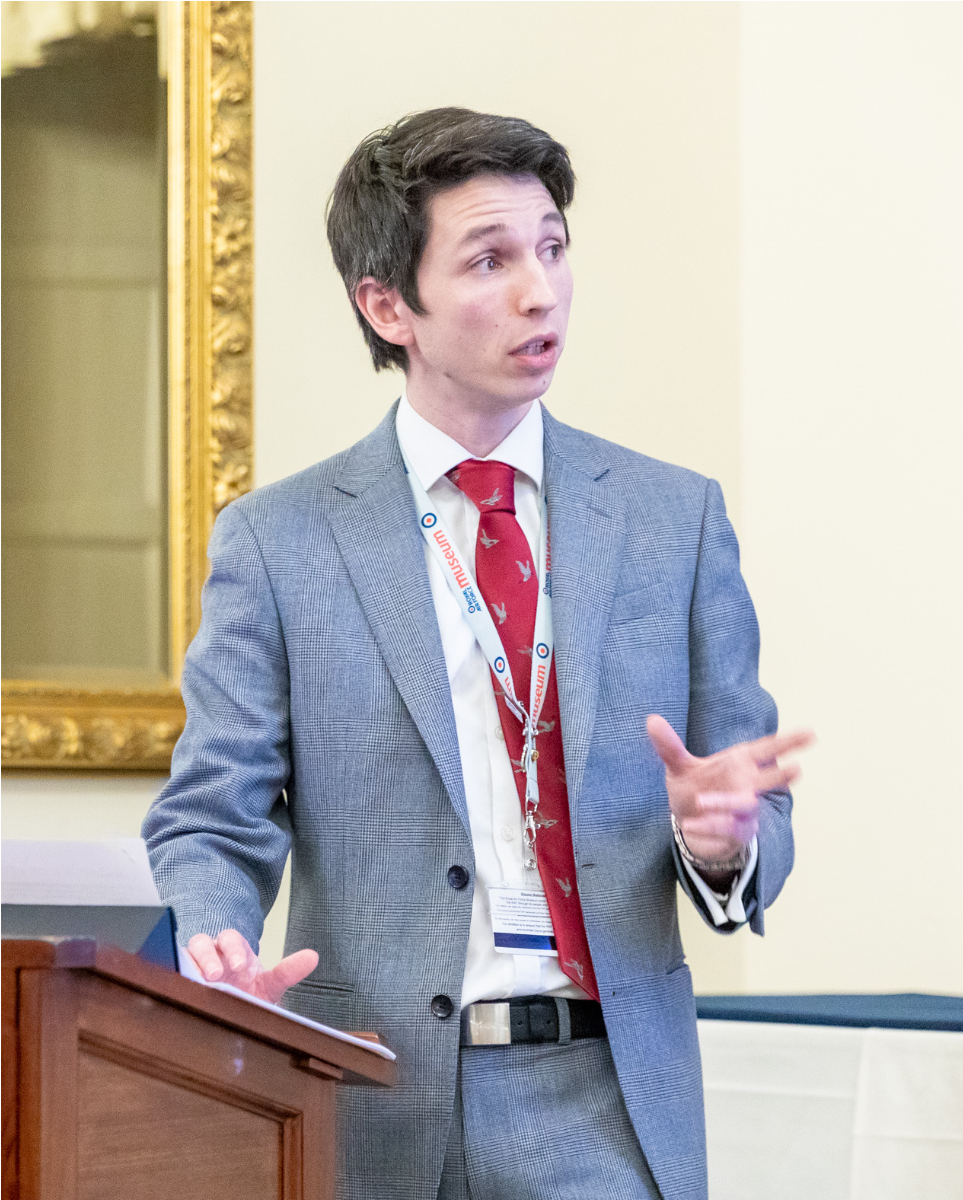
Dr Harry Raffal is a Historian at the RAF Museum.
What is it like working in a museum compared with academia?
I think it is more helpful to see how much the two overlap. Curators do an extraordinary amount of research and hold a depth of specialist knowledge, on topics and collections. Perhaps the most significant difference is that publications are written less frequently but then the in-gallery results are seen by an audience a magnitude greater than will see the average research paper. What do you see as the biggest debates in air and space power at the moment?
How, when the armed forces as a whole have a smaller footprint in society, do we ensure the British Public have mature concepts of Air & Space Power — its utility, relevance and where relevant the appropriateness of its uses? Other strategic debates are of enormous importance but we can only apply the correct answers in the context of a public willing to accept and ultimately to pay for them.
In what ways does the RAF Museum connect with researchers?
The Museum aims to be a hub for all research on the RAF, or on-Air Power more generally. We offer a series of Academic Awards (BA and MA prizes and a PhD Bursary) and are always keen to keep in touch with those who are actively researching the RAF whatever stage of career they are at. The Museum directly contributes to PhDs through active involvement and supervision in Collaborative Doctoral Awards. To help disseminate research the Museum offers several different lecture series, including with the Royal Aeronautical Society and Academic Partners. The Museum hosts an annual conference that aims to be the leading forum for critical thinking in Air Power and offers an ideal networking opportunity for anyone researching in relevant areas.

What is your favourite exhibit in the RAF Museum?
A horribly difficult question as across the Museum’s two sites, London and Cosford there are so many remarkable exhibitions. However, the Handley Page Halifax Mk II (W1048) at the London site probably stands out as my ‘favourite’ exhibit.The story of W1048’s loss in its first operational flight and subsequent recovery of most of the wreckage (largely intact) from Lake Hoklingen is captivating in its own right. However, it stands out as an exhibit because left unrestored the wreckage makes it impossible to escape the consequences of conflict.
What has been the most surprising thing you have found in the RAF Museum?
A block of wood with an ‘interesting Air Ministry stamp’. Remarkably mundane.
What are you currently working on?
I have just finished working on Air Power and the Evacuation of Dunkirk is being published by Bloomsbury on 12 August (get your library to order a copy, horribly expensive being an academic imprint) and have begun researching the respective ‘Thoughts on War’ by the Trenchard and Sykes (respectively the first and second Chief of the Air Staff). However, I am also researching online memory and commemoration during recent 75th anniversaries of the Second World War (Arnhem, Dresden, VE Day, VJ Day) using ‘big data’ approaches involving web scrapes of websites and twitter captures. I am also running a volunteer project to capture the last 30 years of bravery awards in the RAF as part of a longer running g project within the Museum.
What got you into your field of study in the first place?
To a large extent, I think that is linked to growing up in London in an area shaped by Second World War bombing and my own family history. Ever present those factors were always revealing the idea that the past roots who we are and shapes who we might be. Dinosaurs were also a ‘big thing’ when I was young — I have to imagine those sorts of trends have a general feedback loop into what children become more generally interested in.
What was your path to where you are now?
I was never very good at very much else.
What are you currently reading and are you enjoying it?
I am currently reading Stephen Bawdsey’s Doctrine and Reform in the British Cavalry, 1880–1918 which is excellent.
How have you found working from home?
Challenging. Turning off is a much harder process.
What advice would you like to give PhD students and early career researchers that you wish someone had said to you?
Look for opportunities to collaborate and develop new skills. I started working on Digital History projects as much by a chance as design and it has consistently been the area where I develop new ideas and skills which feedback into and improve my other research projects.
Who have been the most influential academics in your professional career?
David Omissi has been a defining part of my research since my undergrad dissertation. I can remember reading Gary Sheffield’s Forgotten Victory and Dan Todman’s The Great War: Myth and Memory whilst doing my A-Level, they set the standard to try to emulate.
What are your top tips for getting published?
Be proactive, look for opportunities.
What is the most effective teaching method you have delivered or seen delivered?
In seminars, instead of doing generic icebreakers, encouraging short brainstorming sessions of how to answer relevant essay/exam questions to kick-off the seminar.
What is your favourite museum and why? [Imagine this is a no brainer for you!]
Tough question! The RAF Museum; it pays me to do what I love but it is also one of the most welcoming places for new researchers to become part of a wider community and share their ideas — so do email even if it is just to share what you are currently working on.
Dr Hannah-Marie Chidwick
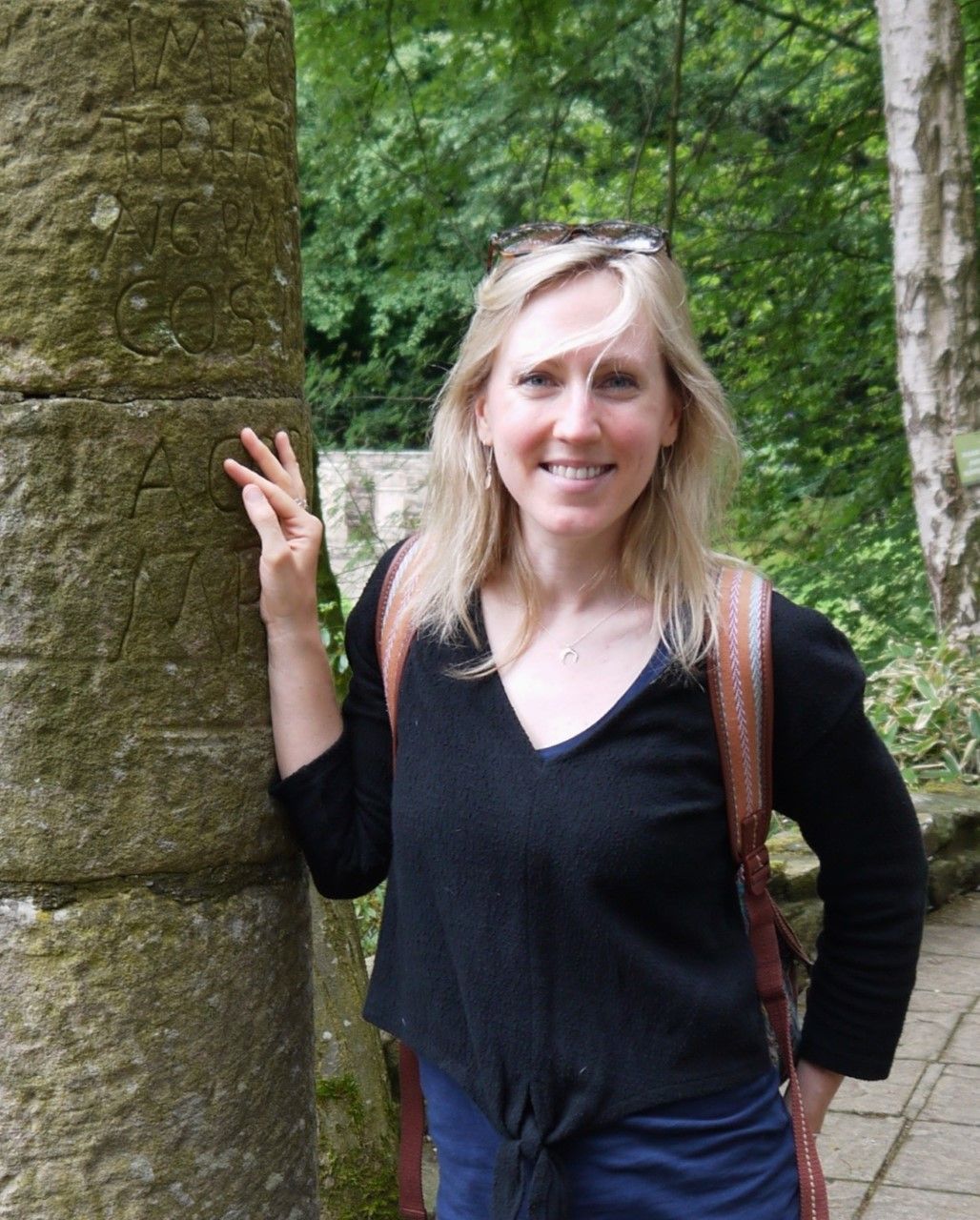
Dr Hannah-Marie Chidwick is a Lecturer in Classics and Ancient History at the University of Bristol.Hannah has spoken to us about new critical approaches to war and violence in the Roman world.
What do you see as the biggest debates in the study of the military body?
I contend that bodies have always been central to warfare: war, as Elaine Scarry put it, is precisely about fighting, injury and physical prowess, within and beyond the real or virtual battlefield. However, this is a facet of war-making which is not always present in military history, particularly in the history of war in the ancient Mediterranean, where studying ‘warfare’ predominantly involves learning about strategies, tactics, and technologies of war, or coming at the topic from the angle of politics, economics and international diplomacy. My research, in tandem with an emergent interest amongst Ancient History scholars, aims to change that by exploring more holistic, critical approaches to war in the ancient Mediterranean.
What representations of the military body in art do you find the most interesting?
As a Roman historian, I am both fascinated and disconcerted by the ubiquity of the Roman soldier in the modern western imagination: he’s everywhere! The centurion, usually white, sporting his red cloak and fringed helmet, is one of the most recognisable icons of the Roman empire who appears across modern pop culture and social spaces. This figure evokes a highly complex set of ideologies and value systems concerning patriarchy, imperialism, colonialism, which I think ought to be interrogated more rigorously in terms of their connection to present-day attitudes to war and violence.
What are you currently working on?
I am currently working on two publications: the first, developing my PhD thesis into a monograph which explores a new approach to reading Roman narratives of war. ‘Arms and the Many: Multiplicity in Lucan’s Civil War’ presents a new interpretation of a notoriously violent Latin epic poem about the wars of the 1st century BCE (which led to the collapse of the Republic and the rise of autocracy in Rome) by developing a reading practice informed by the work of post-structuralist thinkers, Gilles Deleuze and Félix Guattari. I aim to show how reading with ‘multiplicity’ and its related concepts is a productive methodology for approaching war narratives, particularly the role of the soldierly body in these texts. The second publication is an interdisciplinary edited volume entitled ‘The Body of the Combatant in the Ancient Mediterranean’ – a theme very pertinent to the interests of this DRN In Conversation series. In 2018, I hosted a colloquium which brought together scholars from across disciplines in exploring the perception and function of the soldierly body in ancient materials; the book will pioneer an approach to ancient warfare which starts from the body and its role in war-making.
Alongside these, I am growing a pedagogical research network entitled Researching and Teaching Ancient Warfare in Education, collaborating with teachers in schools, colleges and universities to develop more holistic resources and practices for teaching ancient warfare in HE and FE.
What was your path to where you are now?
I have been very fortunate to be mentored by some incredible, progressive thinkers throughout the development of my academic career, and the direction taken in my own research can be largely accredited to their influence. As an undergraduate in Classical Studies at Bristol, I was inspired by reception scholars, Ika Willis and Vanda Zajko, respectively, to explore narratives of violence in ancient texts and modern culture – not necessarily in the sense of the ancient literature directly informing modern receptions, but reading parallels across time and texts to generate new understandings of how violence functions through language. That critical, comparative approach to studying texts has stayed with me ever since, leading to an MA in Reception and Critical Theory, then a PhD in Classics and Ancient History (also at Bristol) supervised by Ellen O’Gorman, a project which explored post-structuralist approaches to Latin poetic war narratives, which is now being revised for publication.
As I dug deeper into what is often termed ‘military history’, I perceived that the real, visceral ramifications of violence, warfare and military cultures in Ancient Rome have been devastatingly undertreated in most scholarship on war and its many forms. At the moment, I am exploring new ways to address this absence in Ancient Mediterranean studies while, moreover, investigating how such a narrow depiction of Roman warfare in modern receptions can impact conceptions of gender, class and race today.
What is the most effective teaching method you have delivered or seen delivered?
As part of my work in outreach and widening participation, I designed and delivered a series of workshops entitled ‘Experiencing War in the Roman World’, in collaboration with Classics teacher and scholar, Rob Hancock-Jones. In the secondary school curriculum, ancient warfare is taught predominantly on a rote-learning basis, with the emphasis on political and strategic aspects of war-making in ancient Greece and Rome. This is not an effective way to teach war: if students only learn about the design of Athenian warships or the number of pitched battles between Carthage and Rome, then they are not really learning about the many complex issues bound up in war-making (willing or unwilling). The curriculum also features little discussion of the role of women in relation to ancient warfare, an exclusion which serves to perpetuate the notion that studying Ancient Mediterranean history does not need to include studying women.
My workshops aimed to enrich and also challenge the focus of the curriculum, while simultaneously being suitable for introducing Ancient History to pupils who were perhaps new to the subject. They did this most effectively by drawing comparisons between the experience of the soldier in ancient Rome and today: students across KS3-5 were intrigued by the similarities in the age of soldiers, their diverse backgrounds, and themes of cohort identity, but also the evidence for soldiers missing their families or simply being terrified of battle. Like university students, pupils explored ancient texts (in translation) themselves, allowing them to access the words of ancient soldiers, and people writing about soldiers, virtually first-hand. I also allowed for plenty of group discussion, so students could freely share their interpretations without worrying whether or not they had ‘the right answer’, and encouraged students to be creative in their responses by writing or drawing their ideas.
Along with the now (thankfully) widespread work towards decolonising Ancient Mediterranean studies in the classroom, I continue to develop more holistic approaches to researching, teaching and learning about war.

Dr Kandida Purnell, Assistant Professor of International Relations at Richmond University. Dr Purnell's research builds on contemporary critical, gender, and postcolonial theory to centre the global politics of bodies. Through cases such as the COVID-19 pandemic, military and other mass casualty repatriation, commemoration, and resistance practices, she investigates contemporary patterns and logics of violence and (re/dis)embodiment. Her book 'Rethinking the Body in Global Politics' was published earlier this year.
Read the Full Interview here.
Dr David Jackson

Dr David Jackson is the Co-Director of Veteran to Veteran (Turning it Around) and was an academic consultant for Lord Ashcroft's Veterans Transition Review. He is currently involved in Minefield, a play about the Falklands War.
Read the Full Interview here.
Dr Heidi Cramm
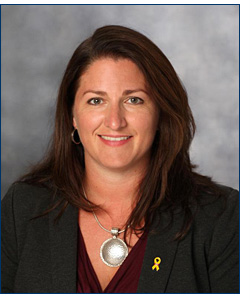
Dr Heidi Cramm is an Occupational Therapist and Associate Professor at the School of Rehabilitation Therapy, Queen’s University.
Read the full interview here
Dr Clare Lee

Dr Claire Lee is an Early Career Research Fellow in the Faculty of Health and Life Sciences at Oxford Brookes University. Claire's recent doctoral research was an arts-based dialogic inquiry into the learning lives of children from armed forces families in a UK primary school.
Read the full interview here
Dr James Worrall
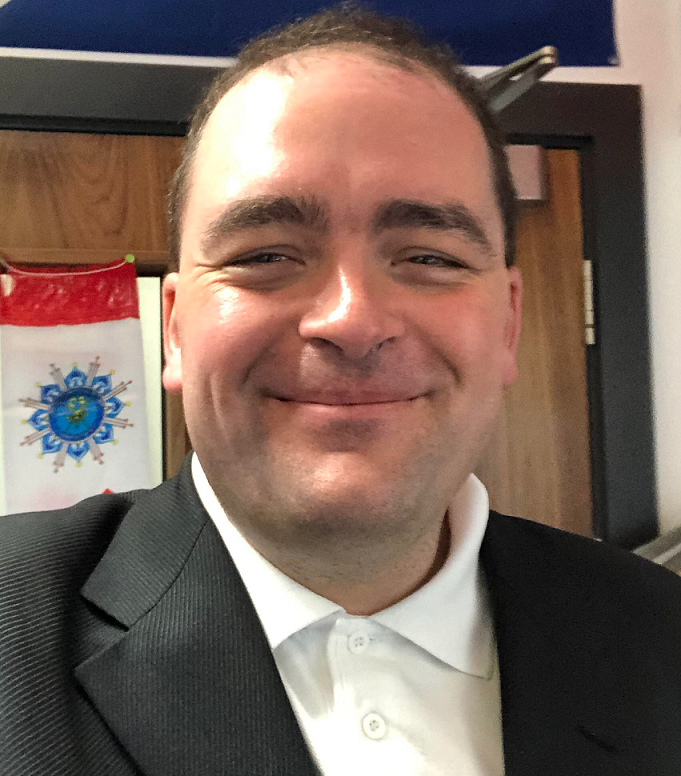
Dr James Worrall is an Associate Professor in International Relations and Middle East Studies at the University of Leeds, with research interests in Western relations with the Arab World, Gulf Politics and Security, Regional International Organisations, Decolonisation, Counterinsurgency Strategy, Security Sector Reform, Regime Stability and Legitimacy in non-democratic states and Diplomatic theory and practice.
Read the full interview here
Dr Matthew Powell is a Teaching Fellow at the University of Portsmouth, based at RAF College Cranwell. He undertook a PhD at the University of Birmingham, supervised by Air Commodore (ret’d) Dr Peter Gray. His thesis focused on the development of tactical airpower in Britain during the Second World War through the study of the RAF’s Army Co-operation Command. He also holds an MA in Intelligence and Security Studies and a BA (Hons) degree, both from the University of Salford. His first book, entitled The Development of British Tactical Air Power, 1940-1943: A History of Army Co-operation Command was published in 2016 by Palgrave Macmillan.
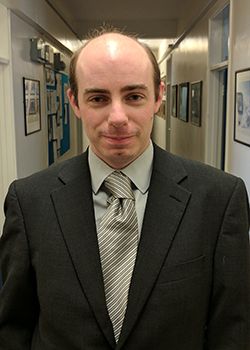
Read the full interview here.
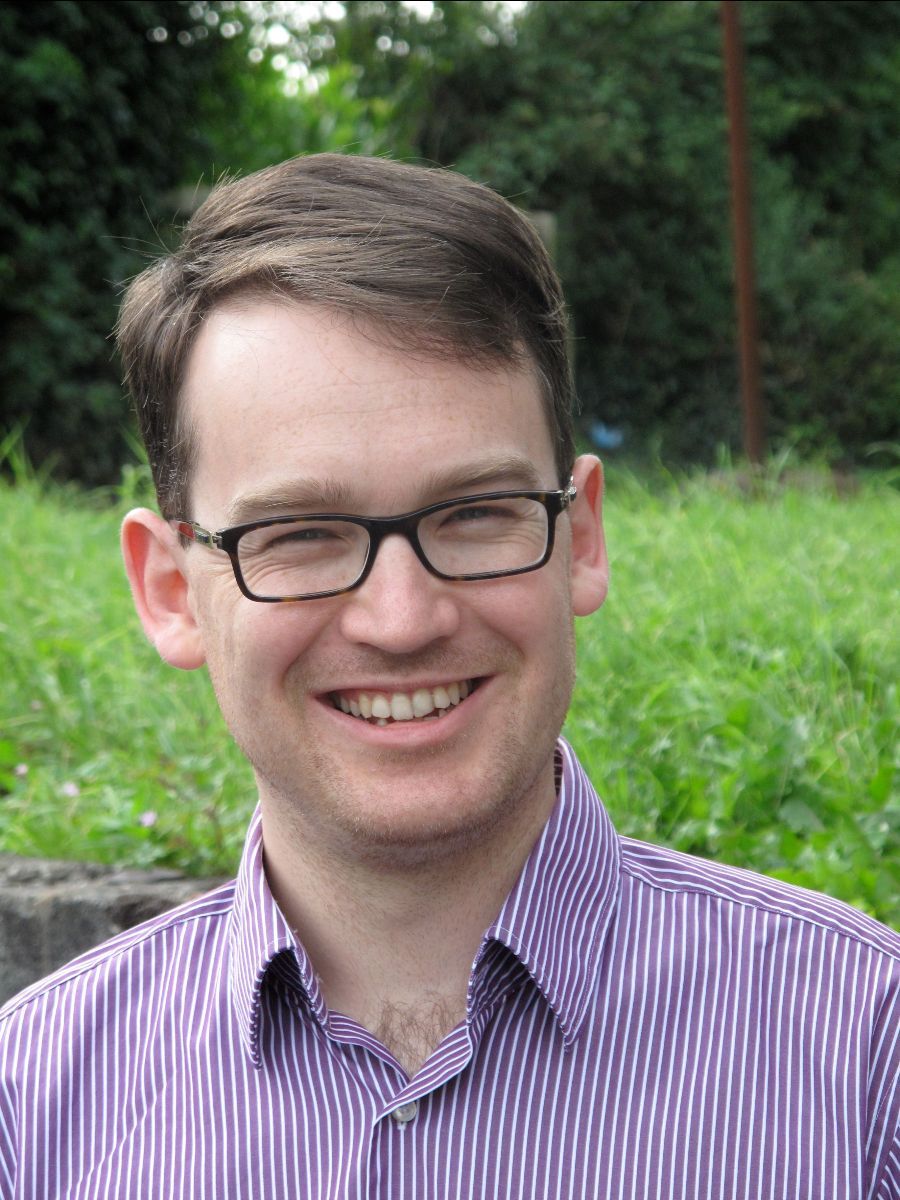
Dr Huw Bennett is a Reader in International Relations at Cardiff's School of Law and Politics.
Read the full interview here.
Dr Nick Caddick
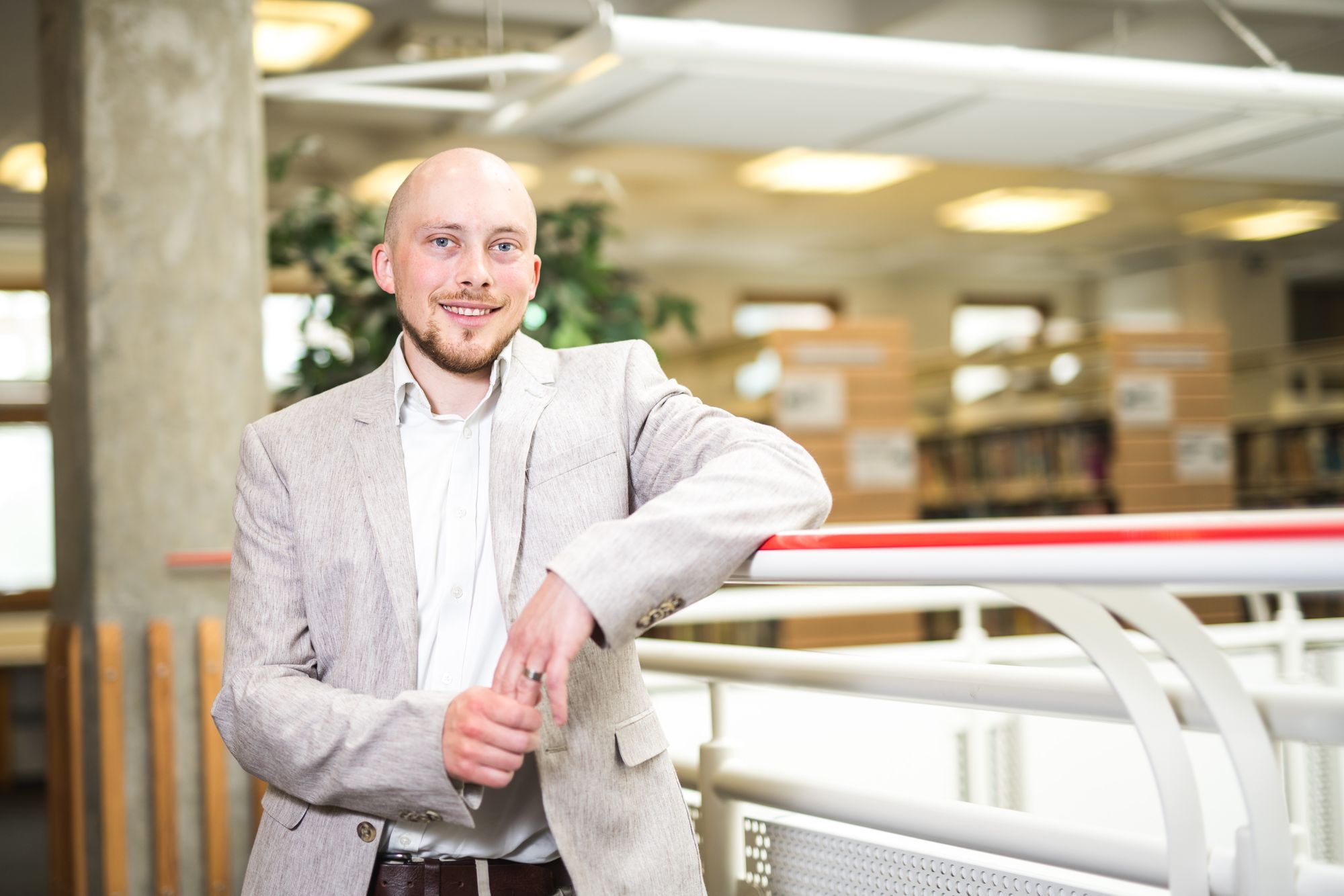
Dr Nick Caddick, a Senior Research Fellow and Deputy director of the Veterans and Families Institute, Anglia Ruskin University.
Read the full interview here.
Dr Frank Ledwidge
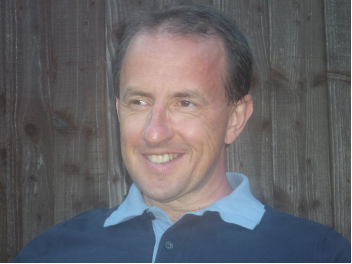
Dr Ledwidge holds a law degree from Oxford University and received his doctorate in war studies from King’s College London. He worked for seven years as a barrister, and he was an officer in the Royal Naval Reserve for 15 years serving operational tours in the Balkans and Iraq. He was subsequently a civilian advisor for the UK government in Helmand, Libya and elsewhere. He currently lectures at the Royal Air Force Airmen’s Command Squadron at RAF Halton as part of the Portsmouth University team. He is the author of several books including Losing Small Wars and Aerial Warfare: A Very Short Introduction.
Read the full interview here
Prof David Whetham
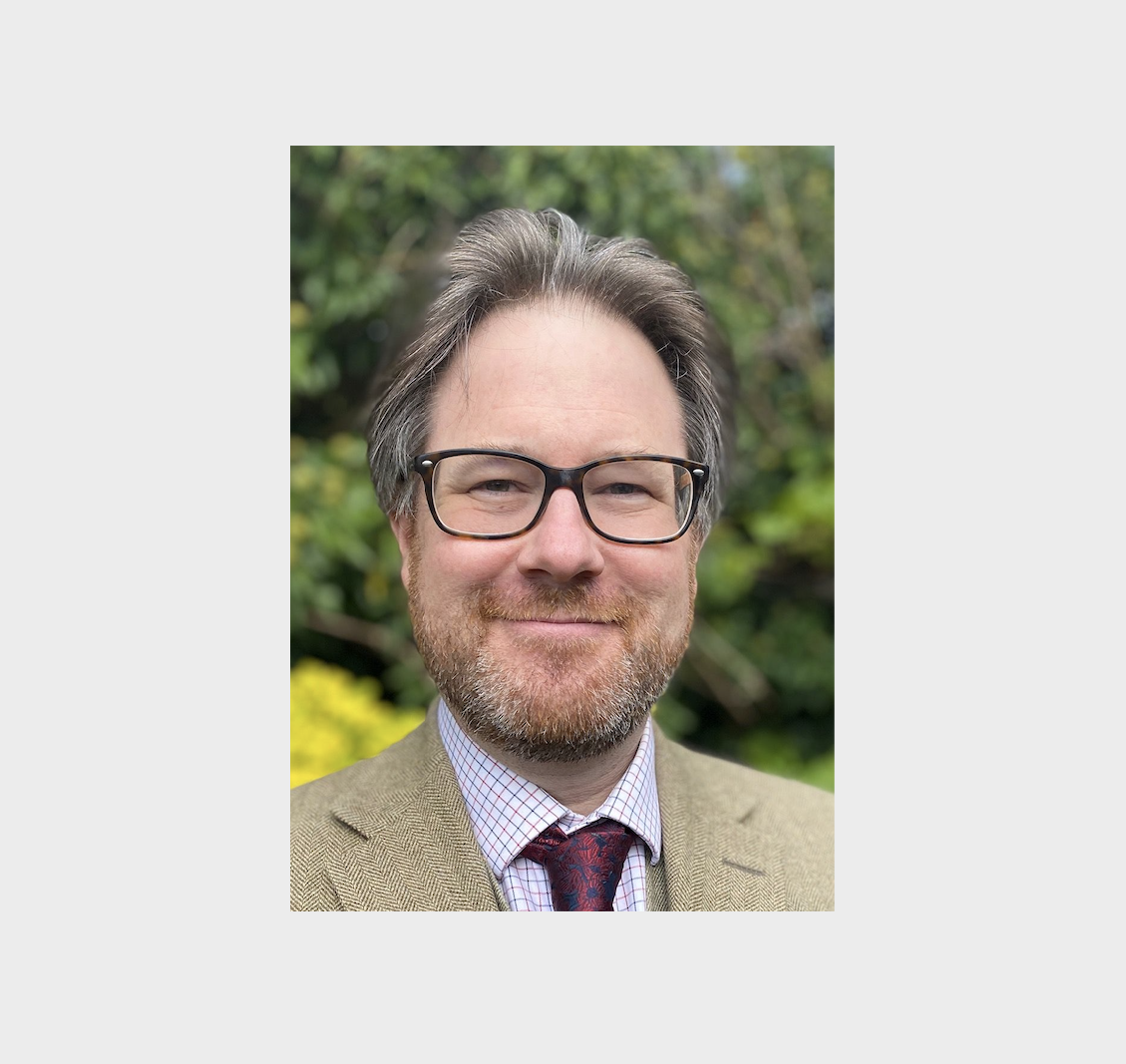
Prof David Whetham is Professor of Ethics and the Military Profession in the Defence Studies Department of King’s College London. He is the Director of the King’s Centre for Military Ethics and delivers or coordinates the military ethics component of courses for between two and three thousand British and international officers a year at the UK’s Joint Services Command and Staff College. Before joining King’s as a permanent member fo staff in 2003, David worked as a BBC researcher and with the OSCE in Kosovo, supporting the 2001 and 2002 elections. David is currently a Visiting Professorial Fellow at the University of New South Wales and is the Vice President and founding member of the European Chapter of the International Society for Military Ethics (Euro ISME).
Read the full interview here.
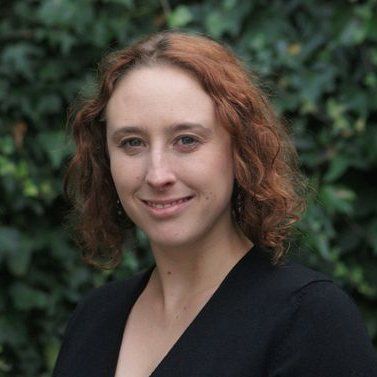
Dr Victoria Basham is a Reader in International Relations at Cardiff University, Editor-in-Chief of the journal Critical Military Studies (Taylor & Francis) which she co-founded and was President of the European International Studies Association (http://www.eisa-net.org/) between 2017 and 2019.
In conversation with Dr Victoria Basham, read the full interview here.
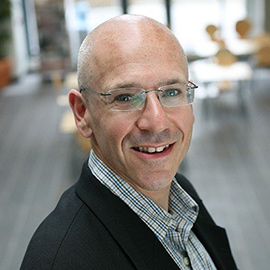
Professor Neil Greenberg is a consultant occupational and forensic psychiatrist at Kings College London. Neil is currently working on MeT4VeT which is a digital technology project for mental: https://www.kcl.ac.uk/kcmhr/admmh/greenberg-profile.
In conversation with Professor Neil Greenberg, read the full interview here.

Dr Fox is the author of Learning to Fight: Military Innovation and Change in the British Army and a lecturer at the Defence Studies Department of Kings College London. Here, she gives us all some great advice about trusting yourself, WFH tips, as well as some interesting reading recommendations.
In conversation with Dr Aimée Fox, read the full interview here.
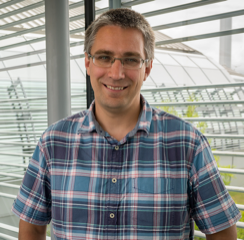
Simon is a Senior Lecturer and University Ethics Advisor at the University of Portsmouth. Dr Kolstoe is also the Chairman of the Ministry of Defence Research Ethics Committee (MODREC) and Hampshire A NHS research ethics committee.
In conversation with Dr. Simon Kolstoe, read the full interview here.
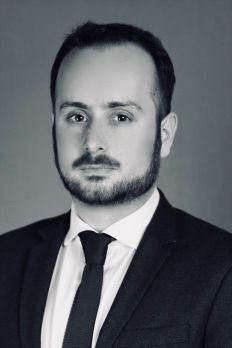
Olivier is a professor of political science and head of the Center for War Studies, University of Southern Denmark. He is also a founding member of the French Association for War and Strategic Studies (AEGES), of which he was the vice-president and scientific director, and a board member of the European Initiative for Security Studies (EISS).
In conversation with Olivier Schmitt, read the full interview here.
